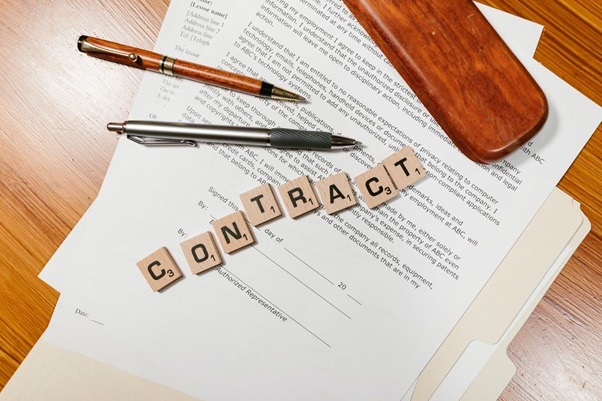Making the decision of buying or leasing a car is a decision you should make on priorities.
For many, the decision to lease or buy comes down to the availability of finances.
Regardless of your situation, there are key factors to consider as car leases and purchases come with upsides and downsides.
When you lease a vehicle you are simply paying for the usage and when you purchase the car outright it’s yours so consider the choice carefully before proceeding with either choice.
Get more info about car leasing from a professional before signing anything.
Lease Payments
Leasing cars is generally a cheaper option as a monthly lease payment is usually less than financing a car.
Car loan repayments are calculated using the price of the car, interest rate, and the finance lease period.
When you enter a car lease you will need to make a downpayment. The more you pay the lower the repayments on the lease contract.
Be careful of paying too much as you will hand the vehicle back to the dealer so consider the amount you are willing to put down and only put down a large amount if you are considering purchasing the vehicle.
Advantages and Disadvantages of Leasing
The main downside of leasing is the fact that you do not own the vehicle. You have to pay for the car each month however you do not get ownership when the contract ends.
The drawback here is that you cannot sell or trade the car to help finance your next car.
Some advantages to consider:
Lower Monthly Payments
If you do not have excess cash to spend then leasing is a great option and can make a car much more affordable.
Ensure that you have insurance in the event that the vehicle is totalled prior to the lease ending.
A New Car Every Couple of Years
One of the major dreams for many people is to pick up a beautiful new vehicle. This can be a pricey endeavour but with the help of a lease contract, the costs can be reduced dramatically.
The best part is that when the lease runs out, you can pick up a new car making this an inexpensive method to use.
Worry-Free Maintenance
Save money and skip the pain of running costs. When you enter into a lease of three years the maintenance and repairs are generally paid by the leasing company.
This is a major cost that is easily avoided when leasing and a great benefit to take advantage of.
No Resale Hassles
Reselling a vehicle can be time consuming and difficult. If you don’t want the stress or headache then leasing is the way to go.
Once lease contracts come to the end of the agreed term simply return the vehicle without the struggle of finding a buyer.
The only costs that you need to be concerned about are end-of-lease fees and covering costs for abnormal wear and tear.
Maximize Tax Deductions
Using the car for business grants you access to tax benefits such as tax write-offs which can often be far greater than what you could write off with a car loan.
Luxury vehicles might differ slightly as the amount you are allowed to write off might be limited. Always do your research before signing a contract.
Buying and leasing a car – what’s the difference between
Purchasing a car with cash or using a finance company to get a loan will grant you ownership. If you choose the loan option you build equity due to loan repayments.
The thing to look out for is the depreciation of the vehicle as this can often happen at a greater rate than equity is built.
In the instance of leasing a car you do not take the title of the vehicle, nor do you build equity.
Disadvantages of leasing
As mentioned above one of the main downsides that come with leasing a vehicle is the inability to build equity through the leased car.
Advantages of leasing
A big advantage of a lease agreement is not buying a car which can save you a lot of cash. Leasing enables constant payments which are easy to plan for.
Picking up a new vehicle every couple of years when the lease term ends is a brilliant perk which is often not the case when you own the vehicle.
Another point to mention is you never have to worry about reselling, maintenance costs or footing the bill for unforeseen expenses with car repairs.

